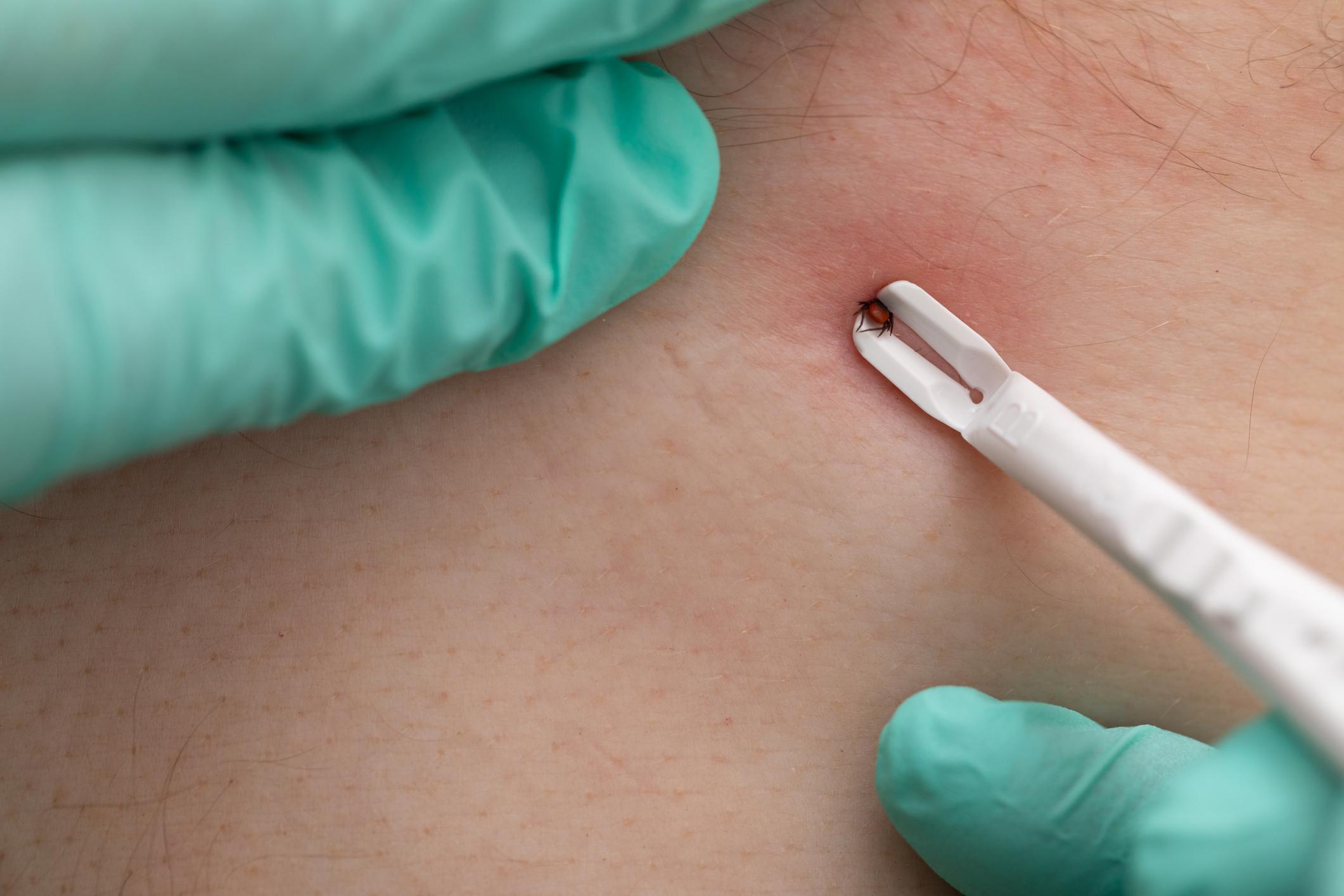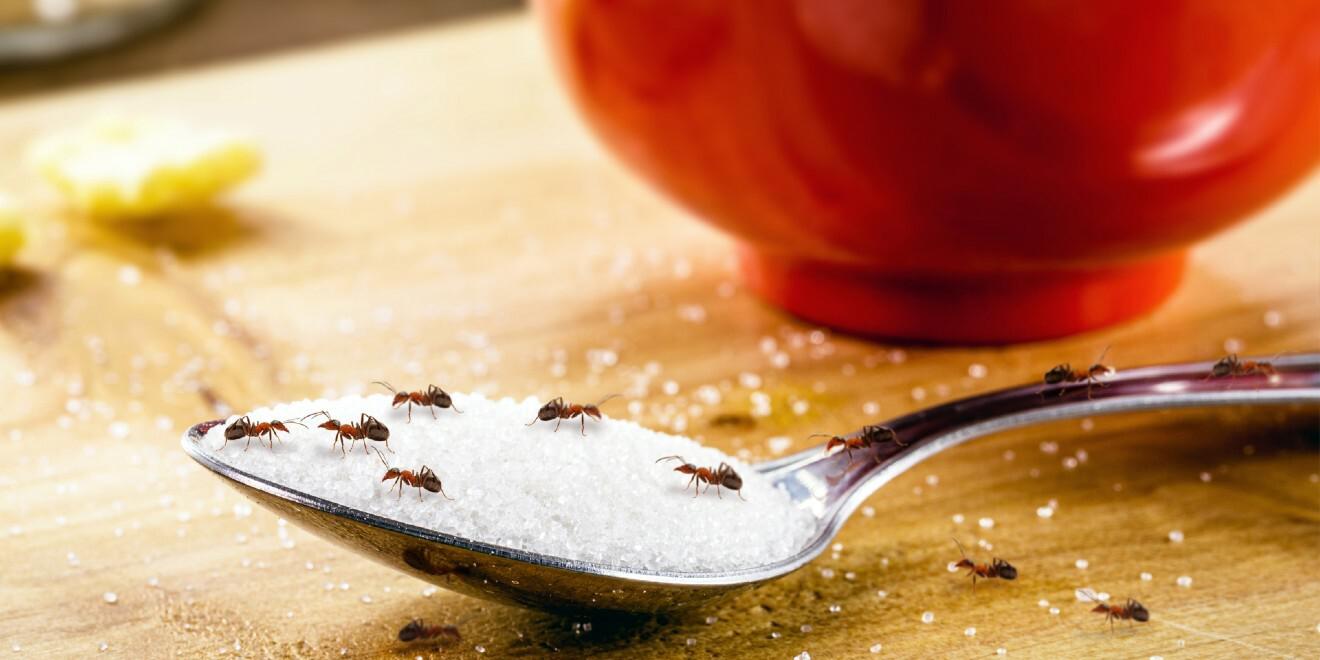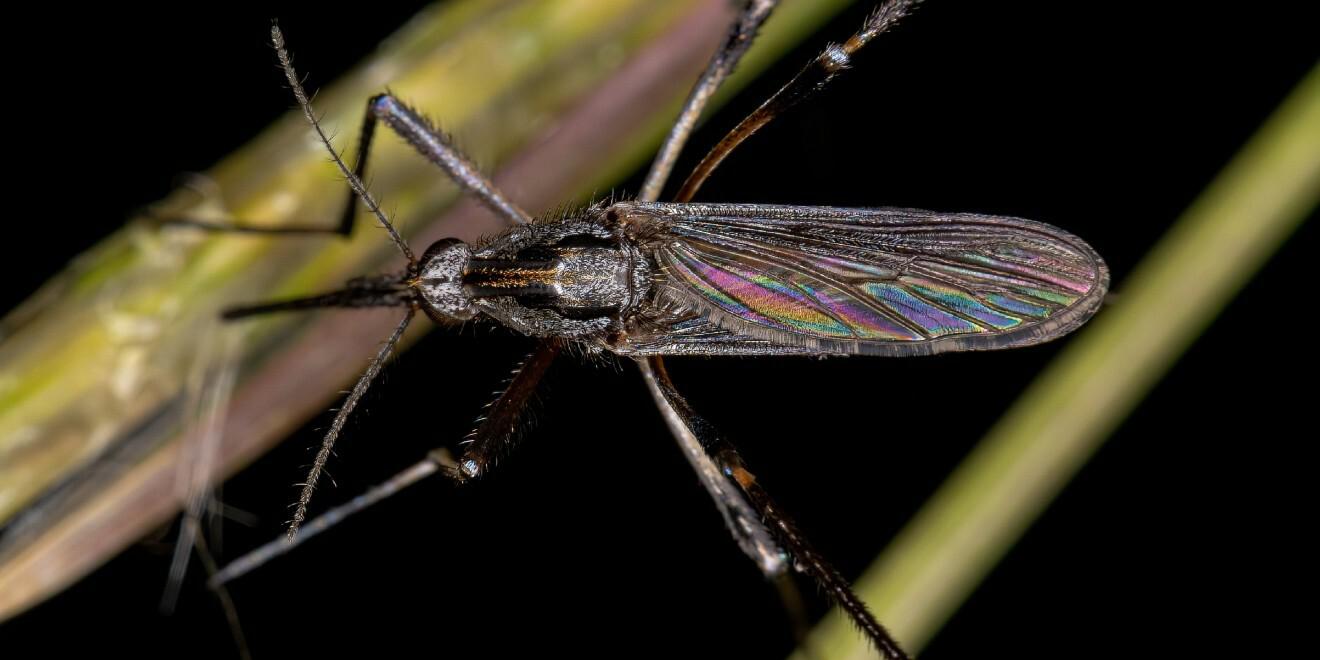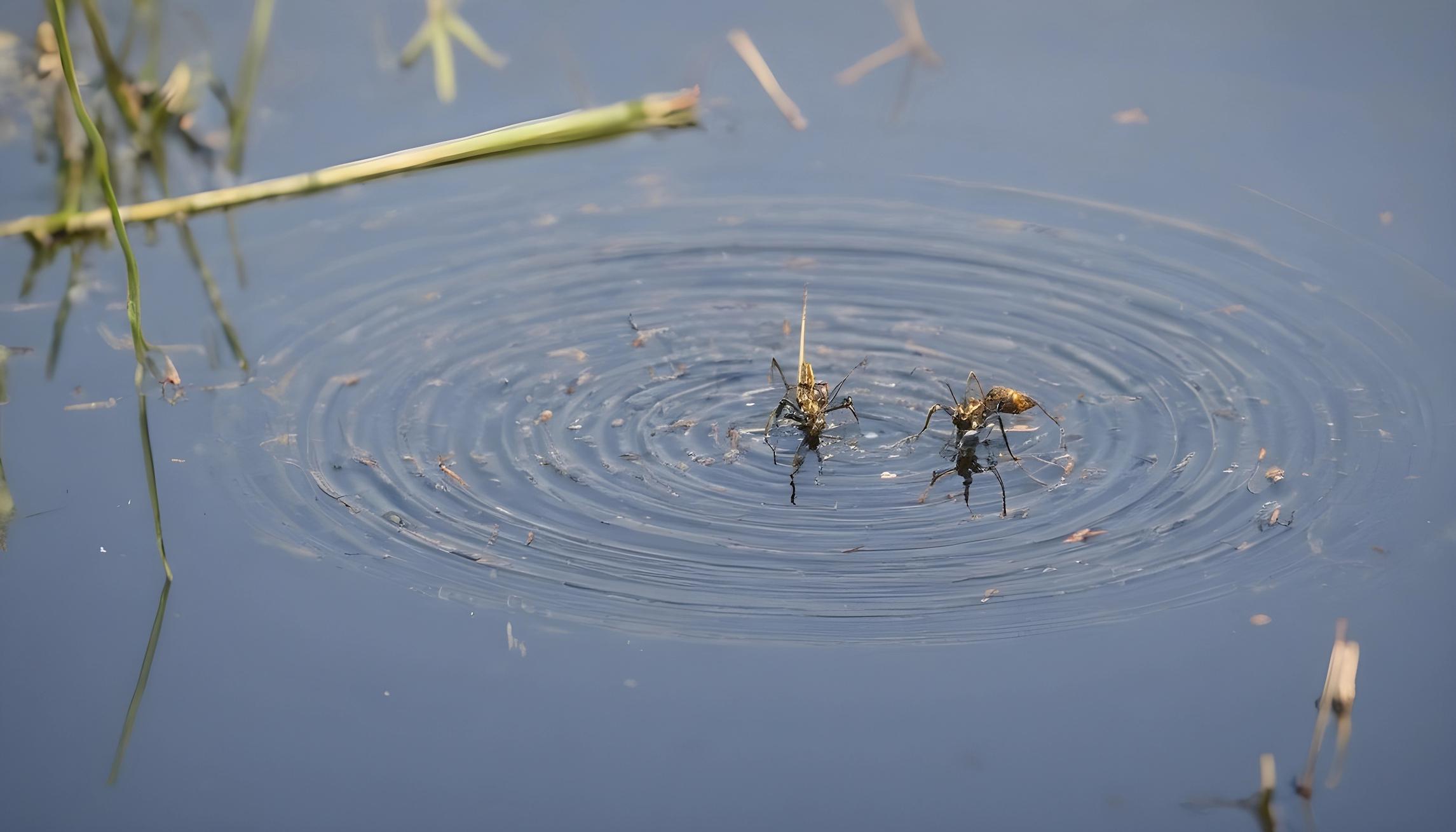Mosquito Documentary Brings Reality to Severity of Mosquito Concerns Around the Globe
Posted by Mosquito Squad
July 17, 2017
In the wake of the Discovery channels much anticipated Shark Week was the premier of the documentary film Mosquito. The film, which was shot on four continents and featured insight from leading experts as well as Bill Gates, make the arrival of Shark Week sound tame. The mosquito is known as the deadliest animal in the world, trumping those injured or killed by sharks, bears, and other large species include murder by human hands annually as they are responsible for over ONE MILLION deaths each year.
According to the Discovery documentary, today, rapid environmental shifts like the changing climate and the ease of international travel for both humans and goods have only increased the threat mosquitoes and the illnesses they pose, hastening their spread around the globe. As some mosquitoes are now able to survive and thrive in places they have never before – including Brazil, Florida, and as far north as Washington D.C. and New York – they are bringing diseases like Zika, Dengue, and Yellow Fever to uncharted and unprepared parts of the world.
How?
How does a tiny mosquito become by far the most dangerous animal in the world? The film opens within a meeting of the Zika emergency response team in Puerto Rico, where about 10% of all the Zika infections are showing up in pregnant women between themes of 15-40-years-old. Puerto Rico was among the hardest hit with Zika, where the CDC had estimated one-in-four adults would become infected with Zika in the first year, and unfortunately, that is exactly what happened. The Zika virus itself is a sign of a much greater threat. The only way an obscure disease like this explodes into a global epidemic is because of the delivery system — the mosquito.
Take, for example, Zika, from its discovery in 1947 in East Africa and Uganda until 2007, there were only 14 documented cases. Right now it estimated that 1/3 of the entire population will at some point become infected with the illness. This is proof alone that the world is changing at a dramatic rate.
Zika is just one of the many mosquito-borne illnesses which as a sum of all its parts are responsible for killing over 750,000 each year. This includes the ever-increasing incidence of Dengue Fever, Chikungunya, West Nile virus, and of course, Malaria which is estimated to kill one child every two minutes.
In the amount of time it has taken you to read this far into the article, 2 children have perished from Malaria.
Why?
Think about that for just a minute. If an infectious illness shows up in populations that have no immunity, cases are sure to skyrocket. Mosquitoes are prime vectors for disease.Though over 3,500 different species of mosquitoes have been classified, only a very tiny number of these are responsible for spreading disease. These are:
- The Aedes Albopictus (Asian Tiger Mosquito) — which is known as a day biting mosquito feared for its ferocious bite and easily identified by the distinct black and white striped markings of its namesake, the tiger.
- The Culex Pipiens — known as the most common mosquitoes on earth.
- The Anopheles Gambiae — strictly feeds on human known as the deadliest bite in the animal kingdom.
- The Aedes Aegypti — known as a people loving urban dweller and associated with the Zika virus outbreaks.
The film Mosquito helps bring to light the ever-evolving unpredictability of the mosquito and the increasing global threat that this tiny insect poses while raising the point that without an internationally coordinated effort, the world and its citizens are at risk for a historic pandemic that could put billions at risk of a fatal infection.
Prevention is Key
Controlling the mosquito and reducing the incidence of mosquito-borne illness gives new credence to the phrase “it takes a village”, however reducing your risk begins in your own backyard. Common sense practices such as eliminating areas that may increase the mosquito’s ability to breed and prosper, such as any areas where moisture can accumulate, is a good starting point. Gaining knowledge of mosquito control best practices in your area is also crucial in battling this tiny, yet monumental killer.
Mosquito Squad of Chester and Delaware Counties would like to thank our partner, Malaria No More for their contributions in making the documentary.
Part of our partnership with Malaria No More has resulted in one billion mosquito nets being distributed in Africa since 2000 and Mosquito Squad is proud to be a part of this effort in conjunction with various global health organizations and multinational corporations.















